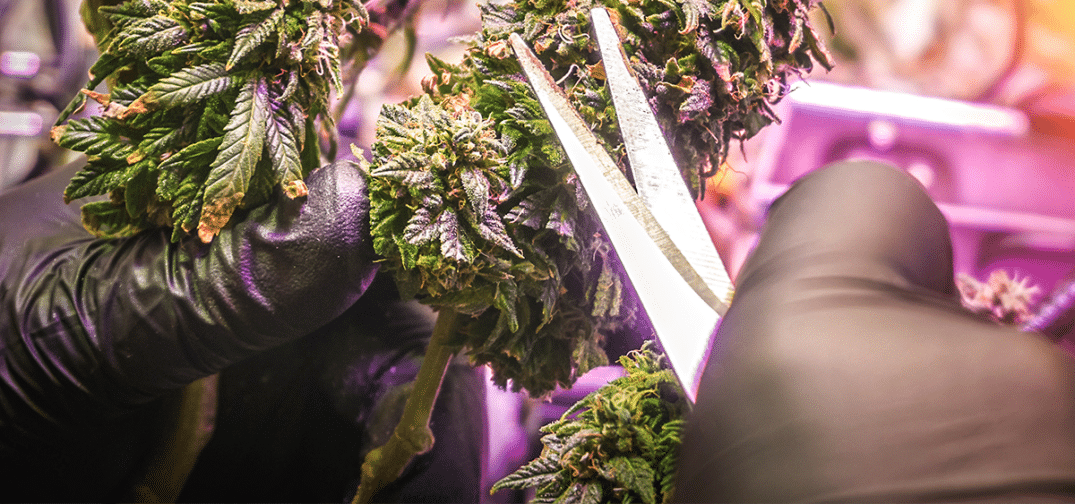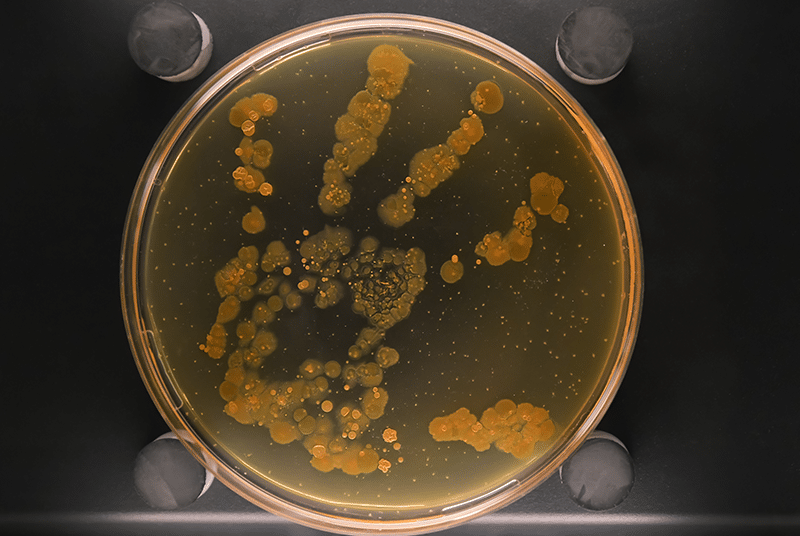Ever shop for disposable gloves and think, “What’s the difference? They all look the same.” A natural reaction would be to find the best deal and click that purchase button with authority knowing you saved money.
There’s so much more to it. We talked in our last article, “Glove Essentials: Cannabis Industry Must Knows” about why gloves are essential safety equipment in the cannabis industry. There is also a big financial component to consider. Duh, right? Stick with me. I’ll explain.
Gloves with Profit Protection?
There will always be a bottom line. A budget that must be met. But purchasing disposable gloves includes more factors than simply the price in your cart. Think of it as like buying an energy-efficient freezer. The sticker price may be slightly higher, but over the life of the freezer it’s going to cost you less than a standard freezer. No, gloves won’t lower your electricity bill – wouldn’t that be great – but purchasing better quality gloves can actually reduce the amount you spend on them over time.
Higher-quality gloves can lower costs in a few different ways. Put your calculator down and listen up. Better gloves reduce:
- Ripping: It’s no shock that if a product is made with higher quality ingredients and manufacturing processes, it is going to be a better caliber product and likely last longer. The same can be said for gloves. Manufacturers can cut corners and save money by using cheap ingredients and fillers, such as chalk. Basically, they have a large bucket of nitrile ‘goo’. Adding cheap fillers like chalk to the bucket makes more ‘goo’. More ‘goo’ = more gloves for less money.You can see the problem here. The manufacturer makes gloves at a reduced cost. Possibly giving you that ‘Yay, I found cheap gloves!’ feeling. But chalk doesn’t stretch, causing these cheaply made gloves to rip and tear at an extremely higher rate than ones made with high-quality ingredients. Not to mention, if a glove rips when you are handling a product all the ‘glove juice’ inside, made of sweat and whatever else was on your hands, can pour out onto the product … and that is pretty darn disgusting.
- Glove Use: Have you ever had to put on five gloves to get one to work because they keep ripping or the cuff keeps tearing off? How frustrating and time-consuming is that? The manufacturer adding cheap ingredients and fillers, which degrade the integrity of the glove, could be why. Cheaply made gloves dramatically increases the number of gloves your team actually uses. Buying a box of 100 gloves and having your team only wear and use 60-70% of them drastically increases the cost per glove. Not to mention the hit to your team’s efficiency, because when they are constantly changing ripped gloves, they aren’t working.In contrast, a higher-quality glove (in the correct size) won’t rip when you put it on and will have superior durability, which will also enable it to be worn longer during use. Therefore, the box of gloves that, at first glance, may have a slightly higher sticker price may actually work to protect your team and product better, for a longer period of time and less per glove cost.
Wouldn’t it be nice if you didn’t have to order as many disposable gloves? We think so. This can also support your sustainability efforts, which I’ll mention more about below. Let’s stick to the financial impact for the time being. - Glove Waste: Eliminating ripped gloves that your staff is throwing away without even using and reducing the number of gloves used per shift will lower your company’s overall glove use. Consequently, using fewer gloves also reduces the amount of trash your company disposes, lowering waste disposal costs. This also helps the environment; we’ll dive into that later.
- Contamination & Recall Risk: Disposable gloves protect your cannabis products from cross-contamination. They should anyway! But imagine for a minute that those gloves, used to protect your product, were dirty and, in fact, were a source of contamination. It’s happened. A cannabis producer and processor actually had a recall because the gloves they used had O-Phenylphenol on them. They did everything right, but new gloves right out of the box had a fungicide on them that was flagged during product testing. How does this happen? If a manufacturer uses dirty water sources or cuts corners by inadequately heating their water tanks (required to sanitize the water), everything in the water can get on the gloves during the washing stage. In turn, everything on those gloves can get on your product!
We’re not the messengers of doom and gloom. In fact, we’re quite a fun bunch. There are solutions. We understand the sheer number of details you think about and decisions you make every day for your cannabis company, and we realize disposable gloves are likely ones that don’t rise to the surface often.
The cannabis industry is a unique market as it progresses and develops regulations and testing requirements. Historically, the disposable glove industry has operated on blind trust. There are no ingredient labels on the box. Manufacturers are not required to show how they made the gloves. The user has had one option: to buy, use and trust gloves that they know nothing about. This isn’t fair! …Louder for the people in the back! So, we developed our proprietary glove testing program, Delta Zero™, to mitigate the risk of glove contamination. - Worker skin issues: Now, on to those who wear the gloves. We know you care about your staff, and we hear, more often than we’d like, how workers have skin issues from the gloves they are wearing. Straight up, a glove made with higher-quality ingredients and manufacturing processes is less likely to irritate the wearer’s skin, also typically reducing the amount of hand sweat.Commonly, cheap ingredients and chemicals added during manufacturing are what is irritating your workers skin. You can read a deep dive into skin issues caused by gloves here. Working with sore irritated hands all day? That’s just miserable and unnecessary! Not to mention, it decreases workers’ efficiency and increases days needed off work for their skin to heal. Workers need taking care of, and so does your bottom line. A high-quality glove can do both.
A Greener Glove?
Here’s the part about supporting your sustainability initiative with disposable gloves. There are an estimated 300 billion disposable gloves used in the US each year across various industries. We are often asked by companies for the best solution to reduce their environmental impact of glove use. A company can increase their environmental impact in a few different ways: reduce, reuse or recycle.
- Reduce: In addition to a higher quality glove reducing overall glove use and waste it can also be made thinner, without sacrificing durability, reducing the amount of glove waste even further. To break it down to easy math, if you could successfully use a more durable 3mil glove for a process where you had previously used a 6mil, you’d be cutting your environmental impact in half with a simple product switch! No training or new processes necessary. Currently, we recommend this strategy for glove sustainability.
- Reuse: Using gloves multiple times is not an option due to contamination risks. So, let’s toss that idea in the garbage…where you could be placing fewer gloves.
- Recycle: Nitrile glove recycling is currently done by Terracycle, but there are additional investments and carbon impacts that should be considered in your sustainability analysis, such as transport and energy used during recycling.
We are constantly looking for ways to do disposable gloves better. In the meantime, we recommend using high-quality nitrile gloves to reduce cost, contamination risk, skin issues and waste.
Is there anything in the glove world you’d like covered in our next blog? Let me know!
End


